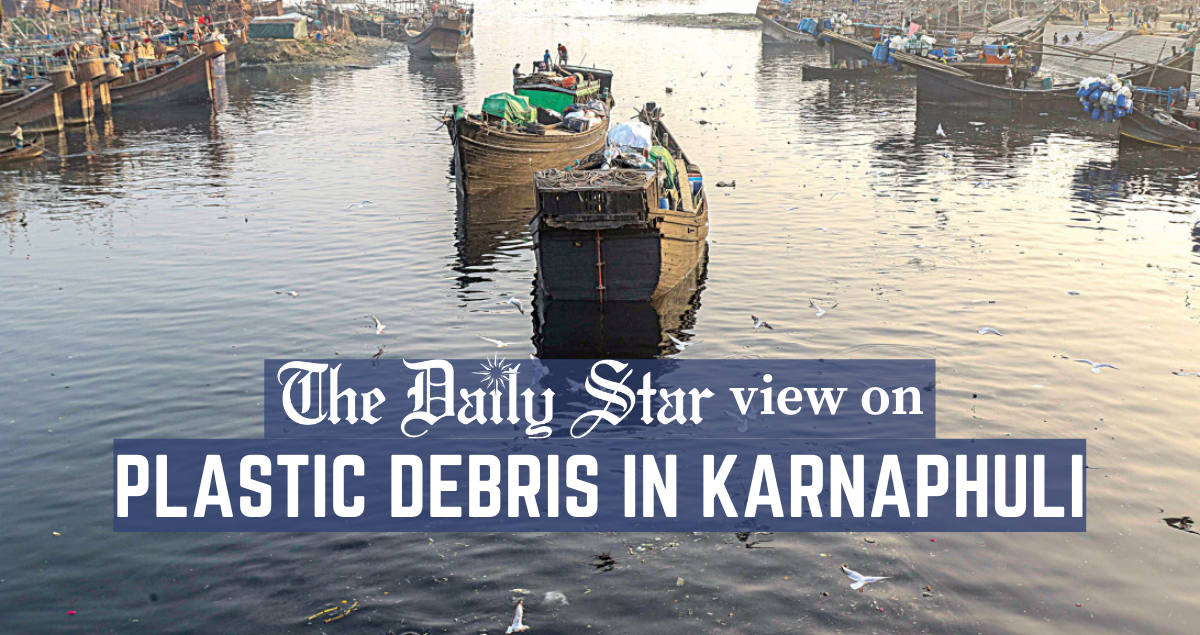Save Ichhamati from impending doom

Every time we call for the protection of rivers in this column, we do so with a heavy heart and diminishing hope. Over the last two decades, at least 43 rivers of the country have dried up. The rivers that exist now are merely surviving, gasping for "breath" amid all the pollution and encroachment to which they are routinely subjected. Meanwhile, citizens are being deprived of the life-enriching benefits of rivers as they head toward slow deaths. A recent report by this daily has once again brought this issue to the fore, as it highlighted the plight of Ichhamati river. Even the Bangladesh Water Development Board (BWDB) has reportedly admitted that encroachment and pollution have "changed the shape of the river," with sand also being illegally extracted from the river by traders.
But what we really want to know from the BWDB authorities is the status of the two projects that they undertook in 2021 to increase the river's navigability and evict illegal structures built on its banks. Reportedly, these projects had all but failed. The company in charge of the dredging project, TTSL, abandoned the site after completing only 30 percent of the work, leading to the excavated part of the river being covered with silt again. The eviction drive, meanwhile, was halted due to cases filed by encroachers, and in the face of stay orders issued by the court.
According to our report, at least 400 trucks of waste have been removed by the Rangunia municipal authority from the Roajarhat point of Ichhamati alone, which will hardly have an effect as enormous piles of waste continue to be dumped into the river by industries and households. All this is, we must point out, in violation of the Bangladesh Environment Conservation Act 1995, which declares river encroachment and pollution as criminal offences. In another disappointing turn, on December 15, the National River Conservation Commission (NRCC) decided to not reveal the names of 37,000 encroachers of 48 rivers, which activists have rightly termed as being synonymous with supporting the river-grabbers.
We wonder whether our authorities are at all sincere about saving the country's rivers. Their efforts have been so poorly planned and executed and so uncoordinated that any resultant effect fizzled out before it could be visible. As a photo of a purple-dyed Buriganga river in the capital city – featured on The Daily Star's February 1 front page – demonstrates, soon there may not be much that we can do to save our rivers, which calls for urgent interventions from the government.
We urge the relevant authorities, including the NRCC and BWDB, to perform their respective responsibilities with sincerity and a sense of urgency. They must recover rivers from the clutches of encroachers and polluters. Given the present reality, they must do so on a war footing.
 For all latest news, follow The Daily Star's Google News channel.
For all latest news, follow The Daily Star's Google News channel. 

Comments